Saturday, 20/04/2024 | 08:55 GMT+7
Two alternative energy companies now are teaming with Smithfield Foods to convert gas from animal waste into renewable energy.
Kennesaw, Ga.-based ABUTEC and Roeslein Alternative Energy, St. Louis, are partnering with Smithfield Foods Missouri to trap the biogas released from Smithfield’s manure lagoons and store it for energy production, according to a news release. Food producer Smithfield houses nearly two million pigs through nine facilities, and they produce enough manure to make 2.2 billion cubic feet of natural gas.
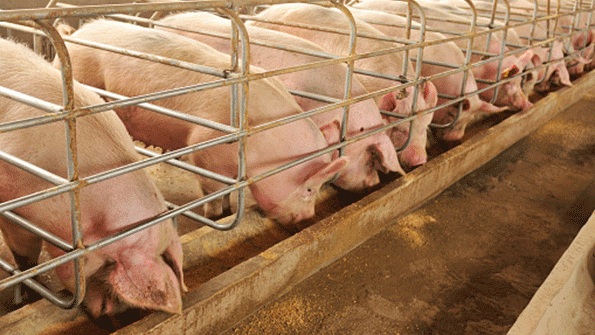
Roeslein is using a pressure swing absorption (PSA) gas conditioning system from Guild Associates Inc., which works to remove any impurities from the biogas to create pipeline-quality natural gas. If too much biogas is generated or the PSA systems are down for maintenance, ABUTEC’s custom-designed 1.5 megawatt enclosed combustor allows Roeslein to continue operation and production by burning off the waste gas with a greater than 98 percent destruction efficiency, ABUTEC said.
Upon completion on the project, ABUTEC will manufacture and install 88 of combustor units, one for each of Smithfield Foods’ manure lagoons.
Combustion solution firm ABUTEC, an acronym for Advanced Burner Technologies, worked with Roeslein to address challenges including lagoon emissions, possible contaminants, the functionality of the combustors and reliable ignition.
Through the project, Smithfield, Va.-based Smithfield Foods will earn carbon credits.
The $120 million project operation in Missouri is more than half done and should begin operations by the middle of this year. Duke Energy in North Carolina has agreed to buy a portion of the natural gas.
Another recent animal waste-to-energy project came from Green Cow Power, which added two anaerobic digesters to its facility in Goshen, Ind., to convert off-farm organic wastes and dairy manure into energy. The facility is using two Chilton, Wis.-based DVO Inc. two-stage mixed plug flow digesters with a combined capacity of five million gallons, and they accept three semitrailers of manure daily.
Waste 360

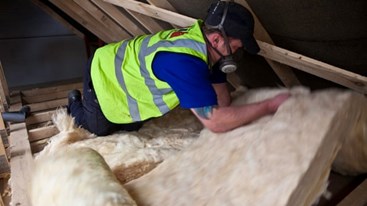

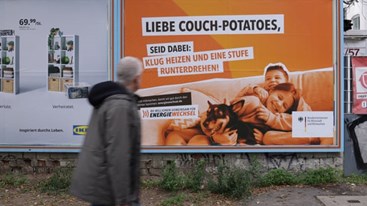
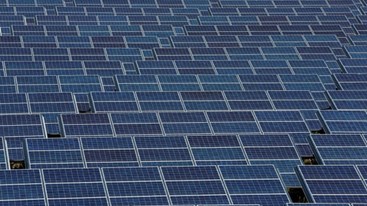
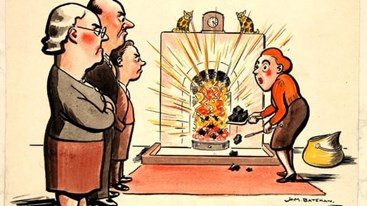


.jpg?w=367&h=206&mode=crop) Energy efficiency and conservation usage is an important aspect of the national energy development strategy
Energy efficiency and conservation usage is an important aspect of the national energy development strategy
 Challenges and Opportunities to promote energy efficiency market in Vietnam
Challenges and Opportunities to promote energy efficiency market in Vietnam
 The Ministry of Industry and Trade requests government agencies to coordinate in organizing Earth Hour 2024
The Ministry of Industry and Trade requests government agencies to coordinate in organizing Earth Hour 2024
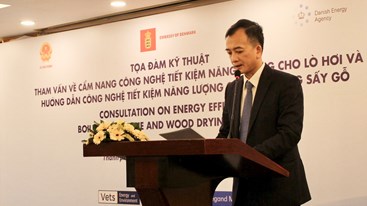 Consultation on Energy Efficiency Boiler Catalogue and Wood Drying Guideline
Consultation on Energy Efficiency Boiler Catalogue and Wood Drying Guideline
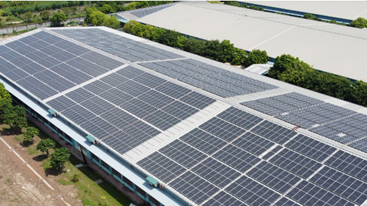 Son Ha Co., Ltd, applies energy efficiency and conservation measures
Son Ha Co., Ltd, applies energy efficiency and conservation measures
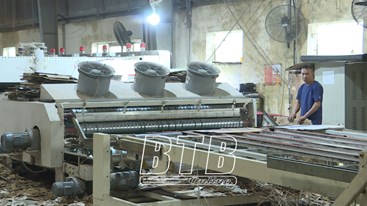 Phuc Kien Co., Ltd., is effectively implementing energy-saving measures
Phuc Kien Co., Ltd., is effectively implementing energy-saving measures
.png?w=367&h=206&mode=crop) Request for expression of interest - C2.1.13: Capacity Building on energy efficiency policies development
Request for expression of interest - C2.1.13: Capacity Building on energy efficiency policies development